When the bureaucrats in London and Brussels were devising the NI Protocol, it probably looked like a workable solution to the problem issue of Brexit and the island of Ireland.
To prevent controls at the Irish border, NI would remain in the EU single market for goods. Checks on produce moving from Britain to NI would be the same as those for Britain to the rest of the EU.
But it is only when a policy is put into practice that a proper assessment can be made.
As reported on p6, the volume of paperwork required to allow trade in products of animal and plant origin from Britain to NI is already extremely challenging, and that is despite a grace period for retailers, now extended to 1 October 2021.
Border
The fundamental issue is that the EU external border has been set up to deal with large commodity imports, not the pallets of food and plant products that move between Britain and NI.
It is also clear that the bureaucrats wrongly assumed that NI retailers would shift their supply chains, and source more goods from the EU. But as NI chief vet Robert Huey pointed out last Thursday, a retailer with hundreds of stores in Britain isn’t going to shift their supply chain to suit a handful of outlets in NI. Instead they are going to work with the rules, leaving DAERA staff at ports with a massive burden of inspections.
It is highly questionable whether all this effort adds much to the protection of the EU Single Market. The same could be said of the ban on seed potatoes or the new rules that have upset the trade in livestock.
However, while there is a clear need for both the EU and UK to find workable solutions, we must also recognise that the NI Protocol has delivered unfettered access for NI agri-food to both the market in Britain and the entire EU. That win should not be readily dismissed.
Read more
UK eases controls on soil to NI
Brexit goods: Right outcome achieved the wrong way
When the bureaucrats in London and Brussels were devising the NI Protocol, it probably looked like a workable solution to the problem issue of Brexit and the island of Ireland.
To prevent controls at the Irish border, NI would remain in the EU single market for goods. Checks on produce moving from Britain to NI would be the same as those for Britain to the rest of the EU.
But it is only when a policy is put into practice that a proper assessment can be made.
As reported on p6, the volume of paperwork required to allow trade in products of animal and plant origin from Britain to NI is already extremely challenging, and that is despite a grace period for retailers, now extended to 1 October 2021.
Border
The fundamental issue is that the EU external border has been set up to deal with large commodity imports, not the pallets of food and plant products that move between Britain and NI.
It is also clear that the bureaucrats wrongly assumed that NI retailers would shift their supply chains, and source more goods from the EU. But as NI chief vet Robert Huey pointed out last Thursday, a retailer with hundreds of stores in Britain isn’t going to shift their supply chain to suit a handful of outlets in NI. Instead they are going to work with the rules, leaving DAERA staff at ports with a massive burden of inspections.
It is highly questionable whether all this effort adds much to the protection of the EU Single Market. The same could be said of the ban on seed potatoes or the new rules that have upset the trade in livestock.
However, while there is a clear need for both the EU and UK to find workable solutions, we must also recognise that the NI Protocol has delivered unfettered access for NI agri-food to both the market in Britain and the entire EU. That win should not be readily dismissed.
Read more
UK eases controls on soil to NI
Brexit goods: Right outcome achieved the wrong way




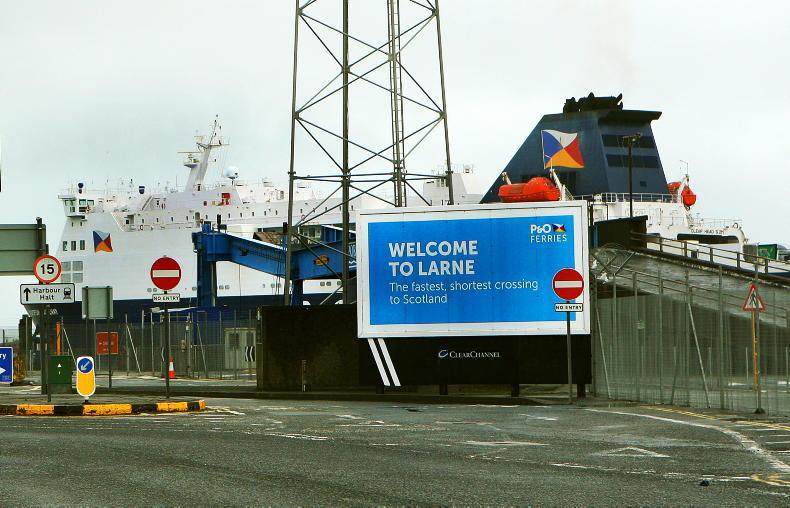
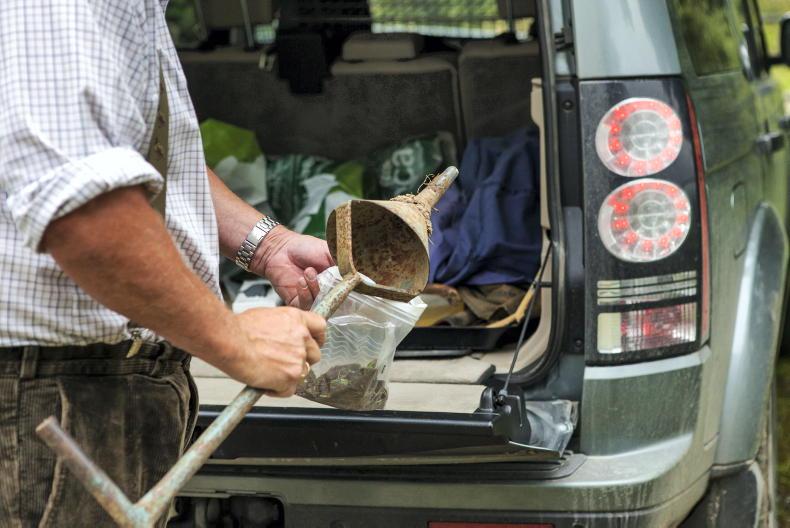
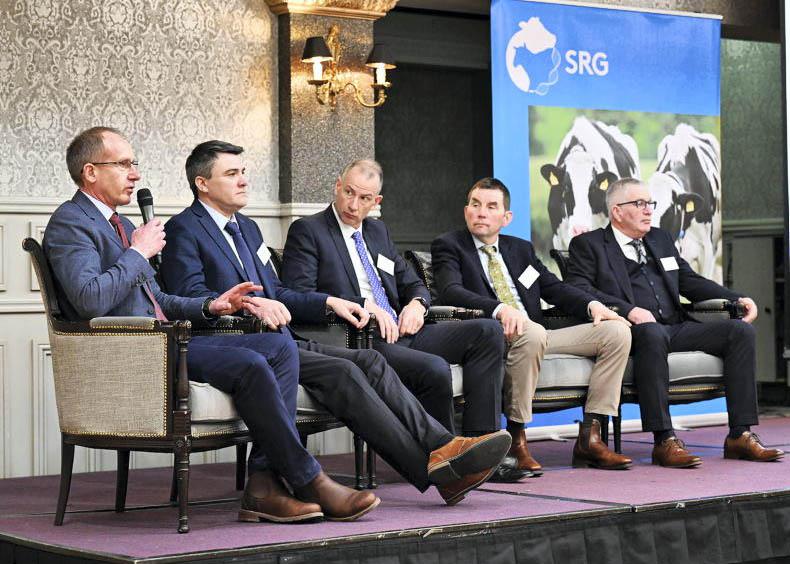
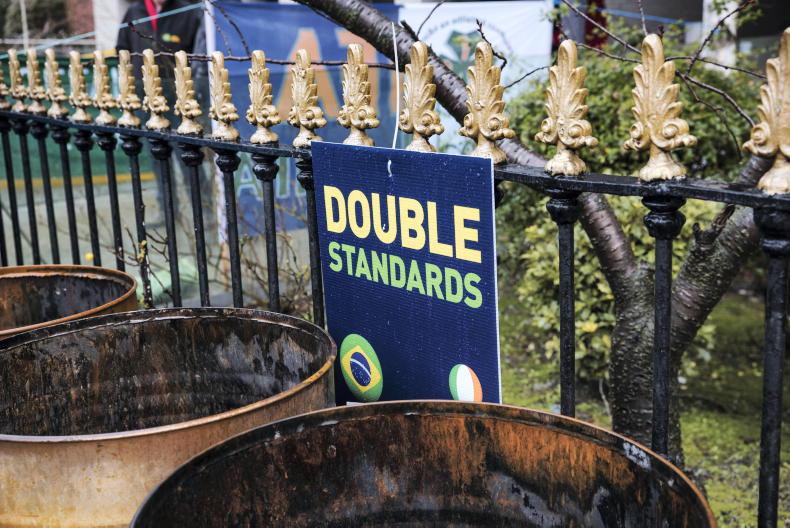
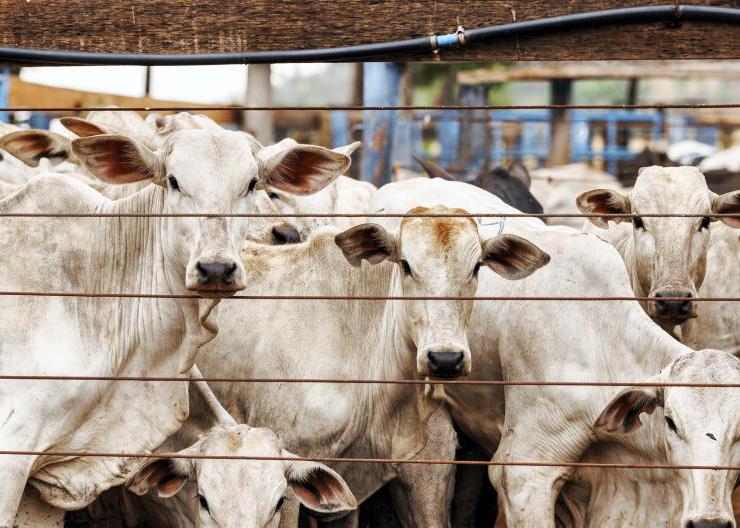
SHARING OPTIONS